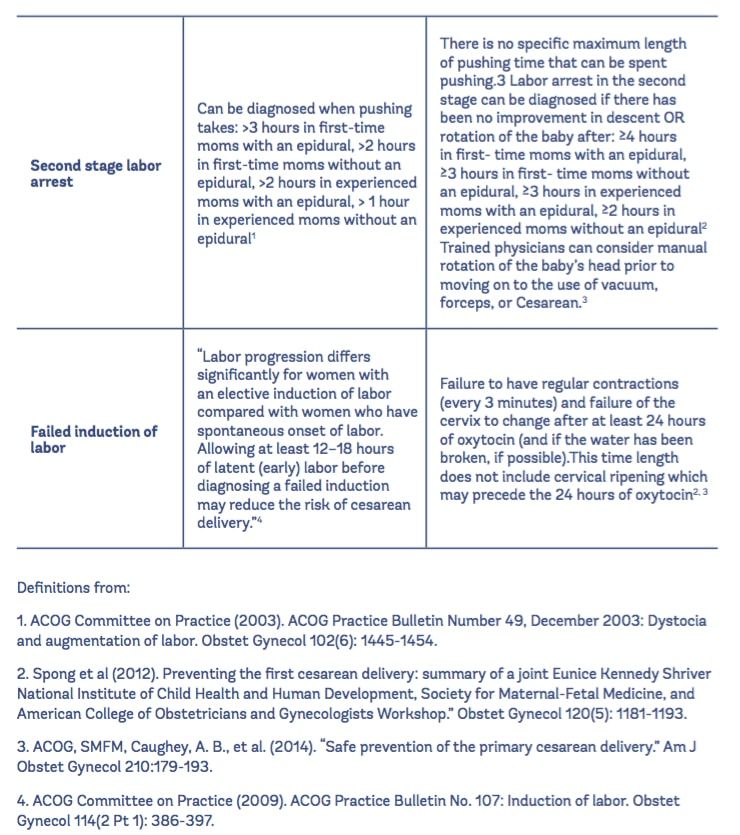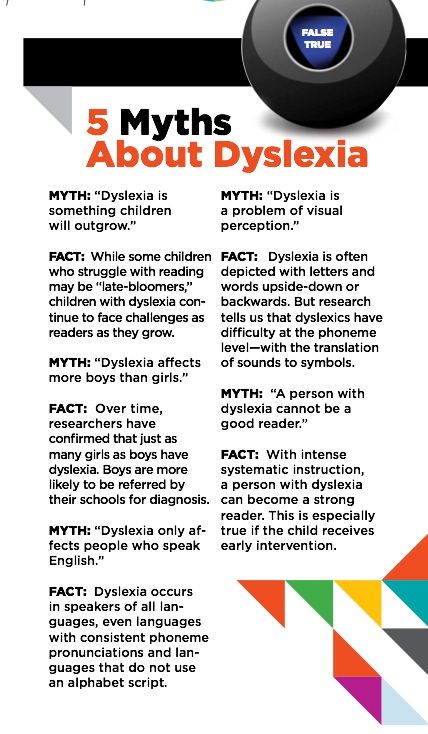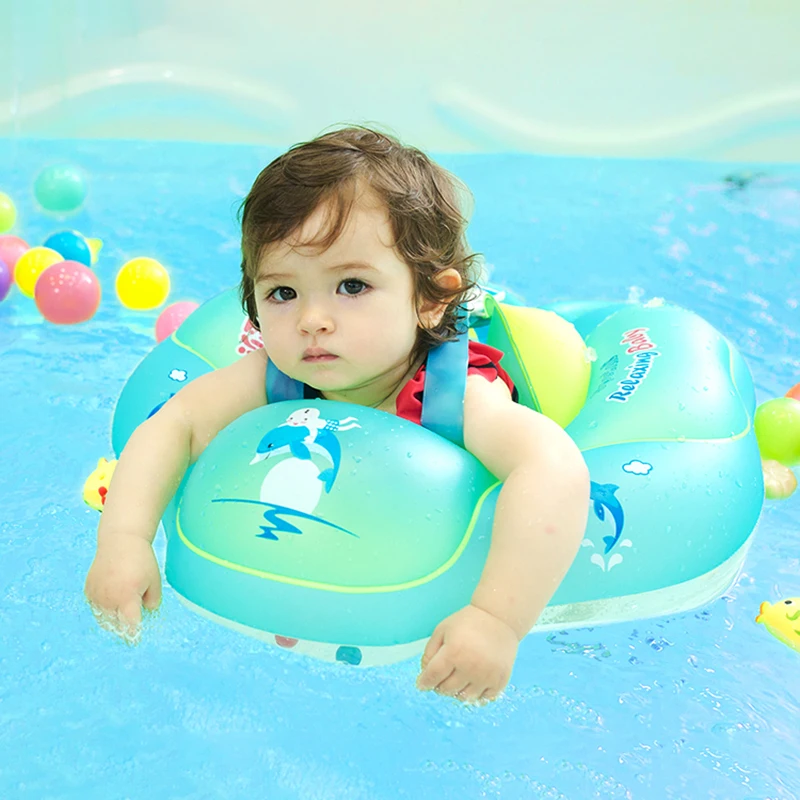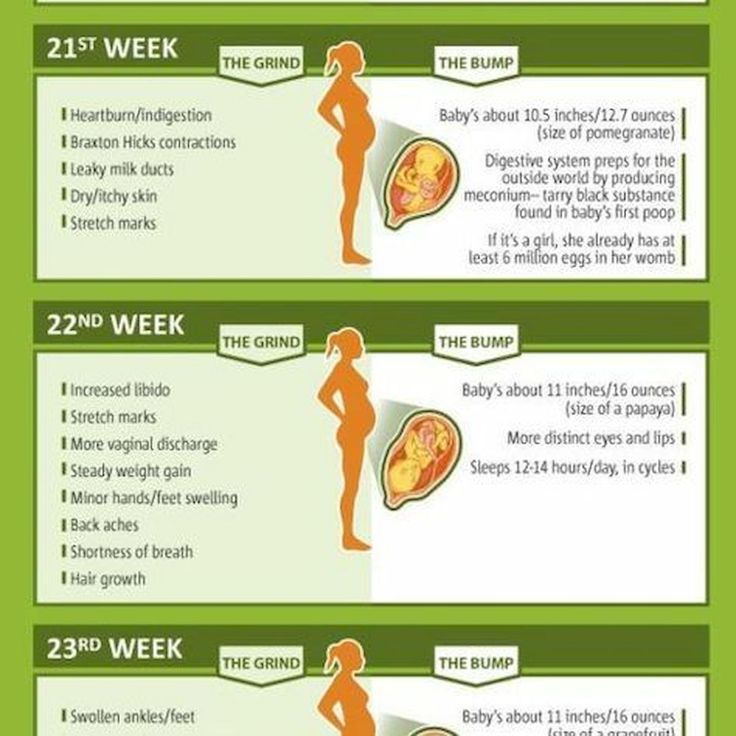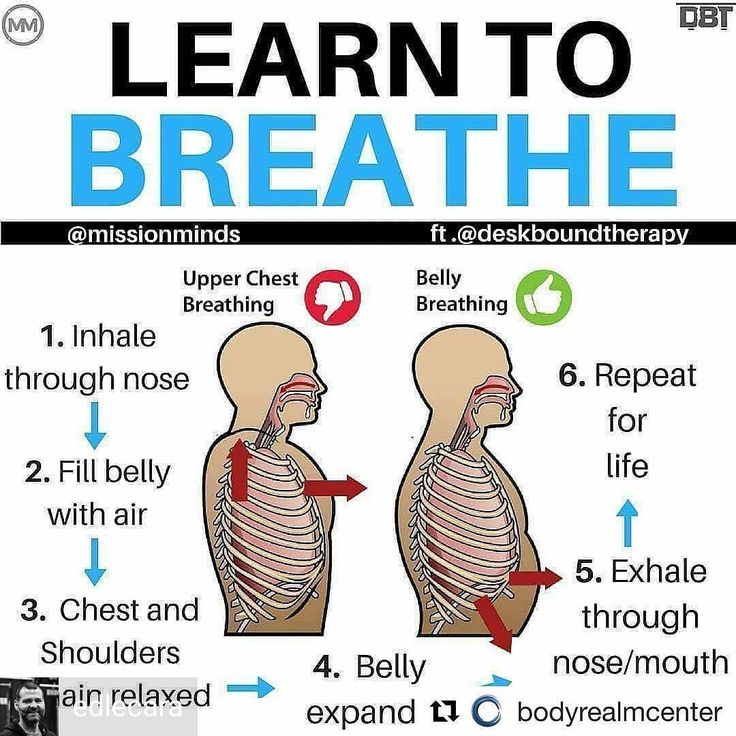Newborn baby throw up
Vomiting (0-12 Months)
Is this your child's symptom?
- Vomiting (throwing up) stomach contents
- Other names for vomiting are puking, barfing and heaving
Causes of Vomiting
- Viral Gastritis. Stomach infection from a stomach virus is the most common cause. Also called stomach flu. A common cause is the Rotavirus. The illness starts with vomiting. Watery loose stools may follow within 12-24 hours.
- Food Allergy. Vomiting can be the only symptom of a food reaction. The vomiting comes on quickly after eating the food. Uncommon in infants, but main foods are eggs and peanut butter.
- Coughing. Hard coughing can also cause your child to throw up. This is more common in children with reflux.
- Serious Causes. Vomiting alone should stop within about 24 hours. If it lasts over 24 hours, you must think about more serious causes. An example is a kidney infection.
A serious cause in young babies is pyloric stenosis. See below for more on this.
Pyloric Stenosis (Serious Cause)
- The most common cause of true vomiting in young babies.
- Onset of vomiting is age 2 weeks to 2 months
- Vomiting is forceful. It becomes projectile and shoots out.
- Right after vomiting, the baby is hungry and wants to feed. ("hungry vomiter")
- Cause: The pylorus is the channel between the stomach and the gut. In these babies, it becomes narrow and tight.
- Risk: Weight loss or dehydration
- Treatment: Cured by surgery.
Vomiting Scale
- Mild: 1 - 2 times/day
- Moderate: 3 - 7 times/day
- Severe: Vomits everything, nearly everything or 8 or more times/day
- Severity relates even more to how long the vomiting goes on for. At the start of the illness, it's common for a child to vomit everything.
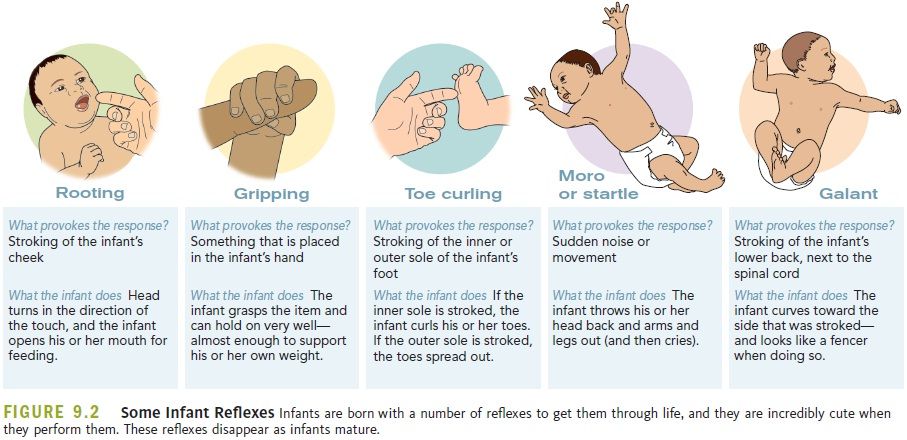 This can last for 3 or 4 hours. Children then often become stable and change to mild vomiting.
This can last for 3 or 4 hours. Children then often become stable and change to mild vomiting. - The main risk of vomiting is dehydration. Dehydration means the body has lost too much fluid.
- The younger the child, the greater the risk for dehydration.
Dehydration: How to Tell
- The main risk of vomiting is dehydration. Dehydration means the body has lost too much water.
- Vomiting with watery diarrhea is the most common cause of dehydration.
- Dehydration is a reason to see a doctor right away.
- Your child may have dehydration if not drinking much fluid and:
- The urine is dark yellow and has not passed any in over 8 hours.
- Inside of the mouth and tongue are very dry.
- No tears if your child cries.
- Slow blood refill test: Longer than 2 seconds. First, press on the thumbnail and make it pale. Then let go. Count the seconds it takes for the nail to turn pink again. Ask your doctor to teach you how to do this test.
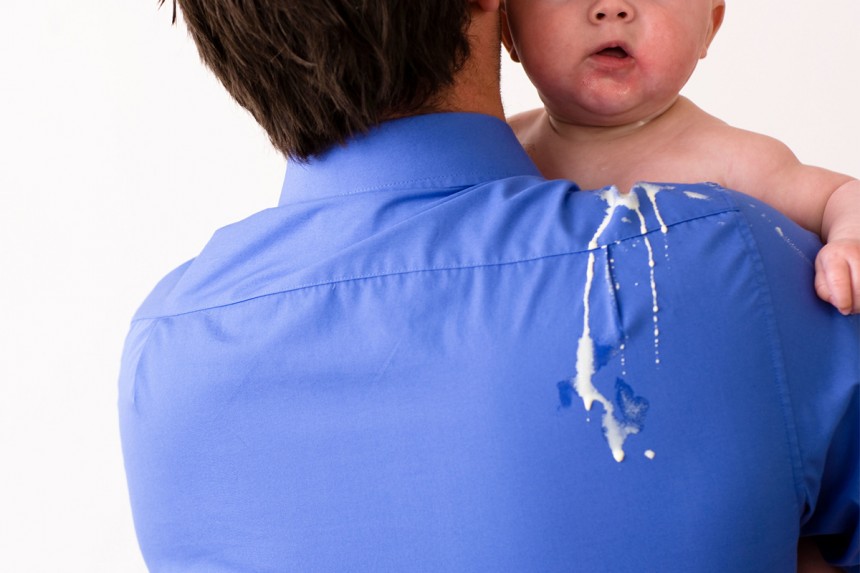
When to Call for Vomiting (0-12 Months)
Call 911 Now
- Can't wake up
- Not moving
- You think your child has a life-threatening emergency
Call Doctor or Seek Care Now
- Dehydration suspected. No urine in over 8 hours, dark urine, very dry mouth and no tears.
- Stomach pain when not vomiting. Exception: stomach pain or crying just before vomiting is quite common.
- Age less than 12 weeks old with vomiting 2 or more times. Exception: normal spitting up.
- Vomited 3 or more times and also has diarrhea
- Severe vomiting (vomits everything) more than 8 hours while getting Pedialyte (or breastmilk)
- Head injury within the last 24 hours
- Weak immune system. Examples are sickle cell disease, HIV, cancer, organ transplant, taking oral steroids.
- Vomiting a prescription medicine
- Fever over 104° F (40° C)
- Fever in baby less than 12 weeks old. Caution: Do NOT give your baby any fever medicine before being seen.

- Your child looks or acts very sick
- You think your child needs to be seen, and the problem is urgent
Contact Doctor Within 24 Hours
- All other infants (age less than 1 year) with vomiting. See Care Advice while waiting to discuss with doctor.
Seattle Children's Urgent Care Locations
If your child’s illness or injury is life-threatening, call 911.
- Bellevue
- Everett
- Federal Way
- Seattle
Care Advice for Vomiting
- What You Should Know About Vomiting:
- Most vomiting is caused by a viral infection of the stomach.

- Vomiting is the body's way of protecting the lower gut.
- The good news is that stomach illnesses last only a short time.
- The main risk of vomiting is dehydration. Dehydration means the body has lost too much fluid.
- Here is some care advice that should help.
- Most vomiting is caused by a viral infection of the stomach.
- Formula Fed Babies - May Give Oral Rehydration Solution (ORS) for 8 Hours:
- If vomits once, give half the regular amount of formula every 1 to 2 hours.
- If vomits formula more than once, offer ORS for 8 hours. If you don't have ORS, use formula until you can get some.
- ORS is a special fluid that can help your child stay hydrated. You can use Pedialyte or the store brand of ORS. It can be bought in food stores or drug stores.
- Spoon or syringe feed small amounts. Give 1-2 teaspoons (5-10 mL) every 5 minutes.
- After 4 hours without throwing up, double the amount.
- Return to Formula. After 8 hours without throwing up, go back to regular formula.

- Breastfed Babies - Reduce the Amount Per Feeding:
- If vomits once, nurse half the regular time every 1 to 2 hours.
- If vomits more than once, nurse for 5 minutes every 30 to 60 minutes. After 4 hours without throwing up, return to regular nursing.
- If continues to vomit, switch to pumped breastmilk. (ORS is rarely needed in breastfed babies. It can be used if vomiting becomes worse).
- Spoon or syringe feed small amounts of pumped milk. Give 1-2 teaspoons (5-10 mL) every 5 minutes.
- After 4 hours without throwing up, return to regular feeding at the breast. Start with small feedings of 5 minutes every 30 minutes. As your baby keeps down the smaller amounts, slowly give more.
- Pumped Breastmilk Bottle-Fed Infants - Reduce the Amount per Feeding:
- If vomits once and bottle-feeding breastmilk, give half the regular amount every 1-2 hours.
- If vomits more than once within last 2 hours, give 1 ounce (30 mL) every 30 to 60 minutes.
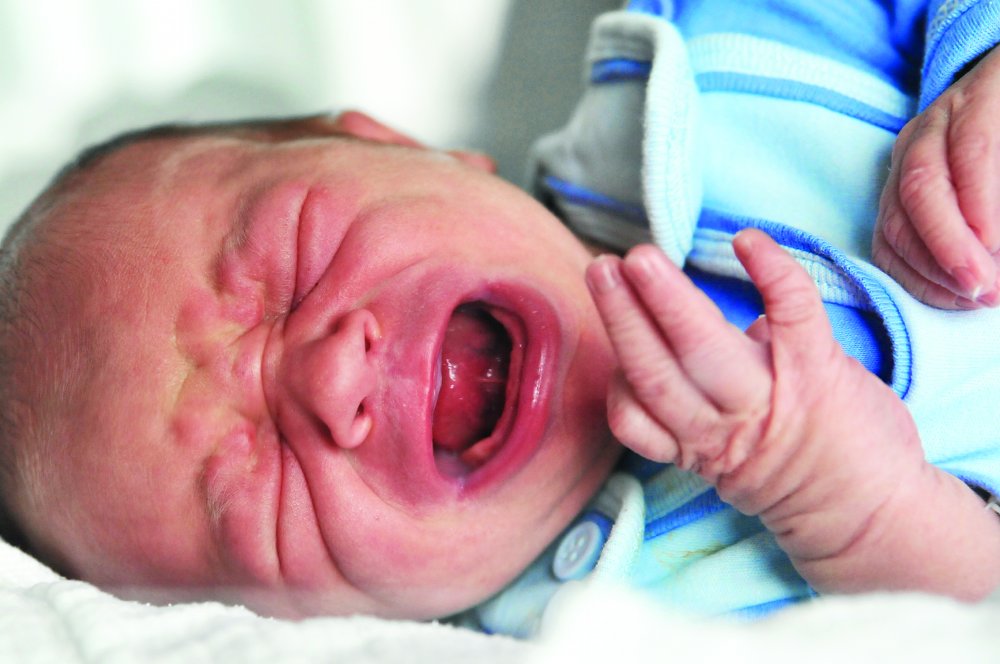
- If continues to vomit, give 1-2 teaspoons (5-10 mL) every 5 minutes. Only if not tolerating breastmilk, switch to ORS (e.g., Pedialyte) for every 5 minutes for a few hours.
- After 4 hours without vomiting, return to regular feedings. Start with 1 ounce (30 mL) every 30 minutes and slowly increase as tolerated.
- Stop All Solid Foods:
- Avoid all solid foods and baby foods in kids who are vomiting.
- After 8 hours without throwing up, gradually add them back.
- If on solid foods, start with starchy foods that are easy to digest. Examples are cereals, crackers and bread.
- Do Not Give Medicines:
- Stop using any drug that is over-the-counter for 8 hours. Reason: Some of these can make vomiting worse.
- Fever. Mild fevers don't need to be treated with any drugs. For higher fevers, you can use an acetaminophen suppository (such as FeverAll). This is a form of the drug you put in the rectum (bottom).
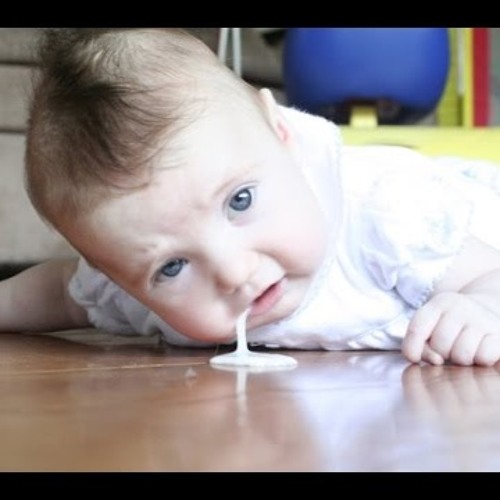 Ask a pharmacist for help finding this product. Do not use ibuprofen. It can upset the stomach.
Ask a pharmacist for help finding this product. Do not use ibuprofen. It can upset the stomach. - Call your doctor if: Your child vomits a drug ordered by your doctor.
- Try to Sleep:
- Help your child go to sleep for a few hours.
- Reason: Sleep often empties the stomach and removes the need to vomit.
- Your child doesn't have to drink anything if his stomach feels upset and he doesn't have any diarrhea.
- Return to Child Care:
- Your child can return to child care after the vomiting and fever are gone.
- What to Expect:
- For the first 3 or 4 hours, your child may vomit everything. Then the stomach settles down.
- Vomiting from a viral illness often stops in 12 to 24 hours.
- Mild vomiting and nausea may last up to 3 days.
- Call Your Doctor If:
- Vomits clear fluids for more than 8 hours
- Vomiting lasts more than 24 hours
- Blood or bile (green color) in the vomit
- Stomach ache present when not vomiting
- Dehydration suspected (no urine in over 8 hours, dark urine, very dry mouth, and no tears)
- You think your child needs to be seen
- Your child becomes worse
And remember, contact your doctor if your child develops any of the 'Call Your Doctor' symptoms.

Disclaimer: this health information is for educational purposes only. You, the reader, assume full responsibility for how you choose to use it.
Last Reviewed: 01/10/2023
Last Revised: 12/30/2022
Copyright 2000-2023 Schmitt Pediatric Guidelines LLC.
Infant Vomiting - HealthyChildren.org
My baby vomits a lot. Is this a sign of a problem?
Because many common childhood illnesses can cause vomiting, you should expect your child to have this problem several times during these early years. Usually it ends quickly without treatment, but this doesn’t make it any easier for you to watch. That feeling of helplessness combined with the fear that something serious might be wrong and the desire to do something to make it better may make you tense and anxious. To help put your mind at ease, learn as much as you can about the causes of vomiting and what you can do to treat your child when it occurs.
Vomiting vs Spitting Up
First of all, there’s a difference between real vomiting and just spitting up.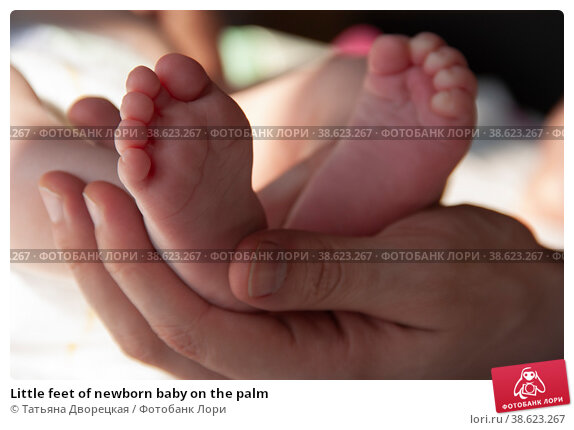 Vomiting is the forceful throwing up of stomach contents through the mouth. Spitting up (most commonly seen in infants under one year of age) is the easy flow of stomach contents out of the mouth, frequently with a burp.
Vomiting is the forceful throwing up of stomach contents through the mouth. Spitting up (most commonly seen in infants under one year of age) is the easy flow of stomach contents out of the mouth, frequently with a burp.
Vomiting occurs when the abdominal muscles and diaphragm contract vigorously while the stomach is relaxed. This reflex action is triggered by the “vomiting center” in the brain after it has been stimulated by:
Nerves from the stomach and intestine when the gastrointestinal tract is either irritated or swollen by an infection or blockage
Chemicals in the blood (e.g., drugs)
Psychological stimuli from disturbing sights or smells
Stimuli from the middle ear (as in vomiting caused by motion sickness)
Causes of Vomiting
The common causes of spitting up or vomiting vary according to age. During the first few months, for instance, most infants will spit up small amounts of formula or breastmilk, usually within the first hour after being fed. This “cheesing,” as it is often called, is simply the occasional movement of food from the stomach, through the tube (esophagus) leading to it, and out of the mouth. It will occur less often if a child is burped frequently and if active play is limited right after meals. This spitting up tends to decrease as the baby becomes older, but may persist in a mild form until ten to twelve months of age. Spitting up is not serious and doesn’t interfere with normal weight gain.
This “cheesing,” as it is often called, is simply the occasional movement of food from the stomach, through the tube (esophagus) leading to it, and out of the mouth. It will occur less often if a child is burped frequently and if active play is limited right after meals. This spitting up tends to decrease as the baby becomes older, but may persist in a mild form until ten to twelve months of age. Spitting up is not serious and doesn’t interfere with normal weight gain.
Occasional vomiting may occur during the first month. If it appears repeatedly or is unusually forceful, call your pediatrician. It may be just a mild feeding difficulty, but it also could be a sign of something more serious.
Persistent Vomiting
Between two weeks and four months of age, persistent forceful vomiting may be caused by a thickening of the muscle at the stomach exit. Known as hypertrophic pyloric stenosis, this thickening prevents food from passing into the intestines. It requires immediate medical attention. Surgery usually is required to open the narrowed area. The important sign of this condition is forceful vomiting occurring approximately fifteen to thirty minutes or less after every feeding. Anytime you notice this, call your pediatrician as soon as possible.
It requires immediate medical attention. Surgery usually is required to open the narrowed area. The important sign of this condition is forceful vomiting occurring approximately fifteen to thirty minutes or less after every feeding. Anytime you notice this, call your pediatrician as soon as possible.
GERD
Occasionally the spitting up in the first few weeks to months of life gets worse instead of better—that is, even though it’s not forceful, it occurs all the time. This happens when the muscles at the lower end of the esophagus become overly relaxed and allow the stomach contents to back up. This condition is known as gastroesophageal reflux disease, or GERD. This condition usually can be controlled by doing the following:
Thicken the milk with small amounts of baby cereal as directed by your pediatrician.
- Avoid overfeeding or give smaller feeds more frequently.
- Burp the baby frequently.
- Leave the infant in a safe, quiet, upright position for at least thirty minutes following feeding.

If these steps are not successful, your pediatrician may refer you to a gastrointestinal (GI) specialist.
Infection
After the first few months of life, the most common cause of vomiting is a stomach or intestinal infection. Viruses are by far the most frequent infecting agents, but occasionally bacteria and even parasites may be the cause. The infection also may produce fever, diarrhea, and sometimes nausea and abdominal pain. The infection is usually contagious; if your child has it, chances are good that some of her playmates also will be affected.
Rotaviruses are a leading cause of vomiting in infants and young children, with symptoms often progressing to diarrhea and fever. These viruses are very contagious, but are becoming less common than in the past, due to the availability of a vaccine that can prevent the disease. The rotavirus is one of the viral causes of gastroenteritis, but other types of viruses—such as noroviruses, enteroviruses, and adenoviruses—can cause it as well.
Occasionally infections outside the gastrointestinal tract will cause vomiting. These include infections of the respiratory system, infections of the urinary tract otitis media, meningitis , and appendicitis. Some of these conditions require immediate medical treatment, so be alert for the following trouble signs, whatever your child’s age, and call your pediatrician if they occur.
Blood or bile (a green-colored material) in the vomit
Severe abdominal pain
Strenuous, repeated vomiting
Swollen or enlarged abdomen
Lethargy or severe irritability
Convulsions
Signs or symptoms of dehydration, including dry mouth, absent tears, depression of the "soft spot", and decreased urination
Inability to drink adequate amounts of fluid
Vomiting continuing beyond twenty-four hours
The information contained on this Web site should not be used as a substitute for the medical care and advice of your pediatrician. There may be variations in treatment that your pediatrician may recommend based on individual facts and circumstances.
There may be variations in treatment that your pediatrician may recommend based on individual facts and circumstances.
A newborn vomited up - what to do, causes and how to help
The urge to vomit in a newborn is an alarming symptom that should not be ignored. They may be the result of accidental ingestion of a small object by a baby, intoxication, acute appendicitis, intestinal obstruction, or other diseases. The most harmless reason that a child vomited is overeating.
Physiological causes of vomiting
Sometimes vomiting is a short-term phenomenon that is not associated with pathology or disease. What could be the reasons that a healthy newborn vomited:
- overeating - the baby ate too much breast milk or formula;
- the baby is teething, and vomiting is a sign of temporary malaise;
- child swallows air while feeding;
- wrong daily routine, severe fatigue;
- active play and activity immediately after eating.
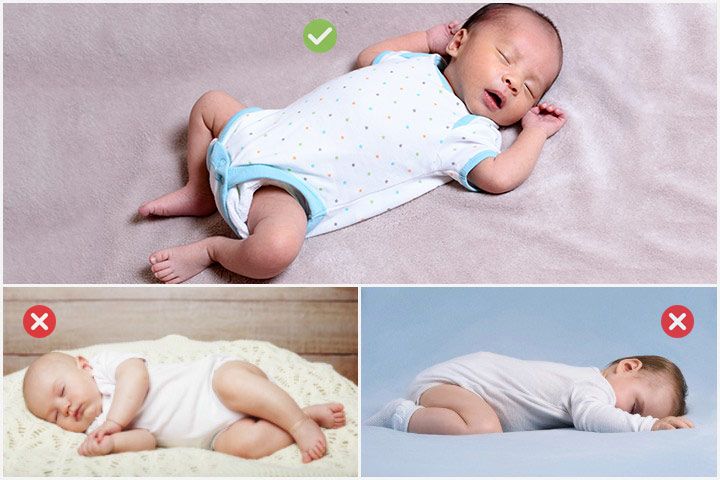
If the baby feels well, you need to help him calm down and give him a drink of warm boiled water. Put the baby to sleep on the side. The baby will relax, the contents of the stomach will move into the intestines, and vomiting attacks will not recur. Try not to bathe the baby, do not shake immediately after eating. Keep track of the amount of food he gets to avoid overeating. nine0003
The introduction of a new mixture can also cause vomiting. Check with your pediatrician to make sure there are no other causes. Your doctor can help you find other foods that are right for your child.
Sometimes babies feel sick after crying for a long time, for example, the mother left, and the baby is very bored or hungry. If there are no other alarming symptoms, calm the baby as soon as possible, shake, feed, sing a gentle song. If vomiting recurs later, you need to call the pediatrician. nine0003
Symptoms and possible causes of vomiting
Most often, vomiting is a signal of diseases that can be identified by additional symptoms.
Poisoning or intestinal infections
The symptoms of poisoning and intestinal infection are very similar: the newborn is sick, his stool changes, his tummy hurts and his temperature rises. The child should be given constant water to drink so that dehydration does not occur. In any of these conditions, you need to urgently call a doctor. nine0003
Concussion
Babies are very mobile, if a child hits his head or falls, you need to urgently call an ambulance. A concussion is accompanied by vomiting, crying, temporary loss of consciousness, pallor, drowsiness, and impaired coordination of movements.
Foreign body
Swallowing a small object can also cause vomiting without vomiting in neonates. The baby may begin to salivate profusely, have breathing problems, he may vomit with mucus and blood in the vomit. If you suspect that the baby has swallowed any object, call an ambulance. nine0003
Appendicitis
This phenomenon is rare in newborns. If appendicitis is inflamed, the baby has a very sore tummy, when stroking or probing, the pain and crying intensify. There is nausea, weakness, restless behavior. Inflammation of appendicitis in infants is life-threatening, you need to urgently call an ambulance.
If appendicitis is inflamed, the baby has a very sore tummy, when stroking or probing, the pain and crying intensify. There is nausea, weakness, restless behavior. Inflammation of appendicitis in infants is life-threatening, you need to urgently call an ambulance.
Allergic reaction, food intolerance
If a child has an intolerance to certain foods or an allergy to them, vomiting is accompanied by diarrhea, skin rashes, the baby is capricious, restless. With such symptoms, you need to contact a pediatrician and an allergist. nine0003
Acute infections
SARS, pyelonephritis, pneumonia can provoke a gag reflex without vomiting in a newborn from severe coughing spells and general weakness. With a high temperature, sore throat, cough, you need to call a pediatrician at home to examine the child and prescribe appropriate treatment.
Intestinal obstruction
This is a dangerous disease. It can be congenital or acquired. Accompanied by severe bloating, bile impurities are observed in vomiting. The baby cries a lot, the stool changes to a state of red jelly. Feeding is stopped and urgently seek medical help - the disease is life-threatening. nine0003
Accompanied by severe bloating, bile impurities are observed in vomiting. The baby cries a lot, the stool changes to a state of red jelly. Feeding is stopped and urgently seek medical help - the disease is life-threatening. nine0003
Congenital pathologies of the digestive system
Congenital pathologies lead to serious digestive problems. If you notice that the child is restless during feeding, his stool is broken, his tummy is swollen, he is gaining weight poorly or losing it, consult a doctor. It is necessary to undergo an examination of the gastrointestinal tract and pass additional tests.
Neurological disorders
The main causes of gag reflex without vomiting in the newborn are neurological disorders. They occur most often in premature babies, in children with underweight. The cause of such disorders may be birth trauma, asphyxia or fetal hypoxia. With such pathologies, gag reflexes are accompanied by hyperactivity, chin tremor, strabismus, convulsions. You need to contact a neurologist and undergo inpatient treatment. nine0003
Heat stroke
Heat stroke is accompanied by nausea, skin redness, dizziness, rapid breathing. Also, the child develops lethargy, dry skin. Call the doctors, before they arrive, put the child in a cool place on the barrel.
How to distinguish vomiting from regurgitation
Spitting up is a natural process. The baby spits up a few minutes after feeding. It is not dangerous, it is a normal physiological process. If the baby gets a large amount of air into the tummy (swallowed while eating), then after regurgitation the discomfort disappears, he immediately feels better. nine0003
Vomiting is the result of reflex contraction of the muscles of the abdominal cavity and diaphragm, it is accompanied by rapid breathing, profuse salivation.
The main differences between vomiting and regurgitation:
Why vomiting is dangerous
Vomiting is a protective reflex of the body. So he gets rid of foreign bodies, removes toxins, microorganisms, excess food. Most often, vomiting is a symptom of diseases that are dangerous for the baby:
So he gets rid of foreign bodies, removes toxins, microorganisms, excess food. Most often, vomiting is a symptom of diseases that are dangerous for the baby:
- Vomiting itself is dangerous due to possible dehydration of the body. The baby loses not only the liquid, but also the mineral salts dissolved in it. The water-salt balance is disturbed, this affects the general condition of the crumbs. For newborns, this is especially dangerous, because dehydration occurs rapidly, and replenishing a full supply of fluid is not so easy. nine0006
- The second danger of vomiting is the inhalation of vomit. During an attack, the baby should be held upright, for safety reasons, you need to ensure that the baby's head lies on its side in a dream.
- Weight loss due to food rejection is also dangerous. This is especially important for premature babies or babies with a small body weight.
If the baby has vomited, carefully monitor his condition and well-being.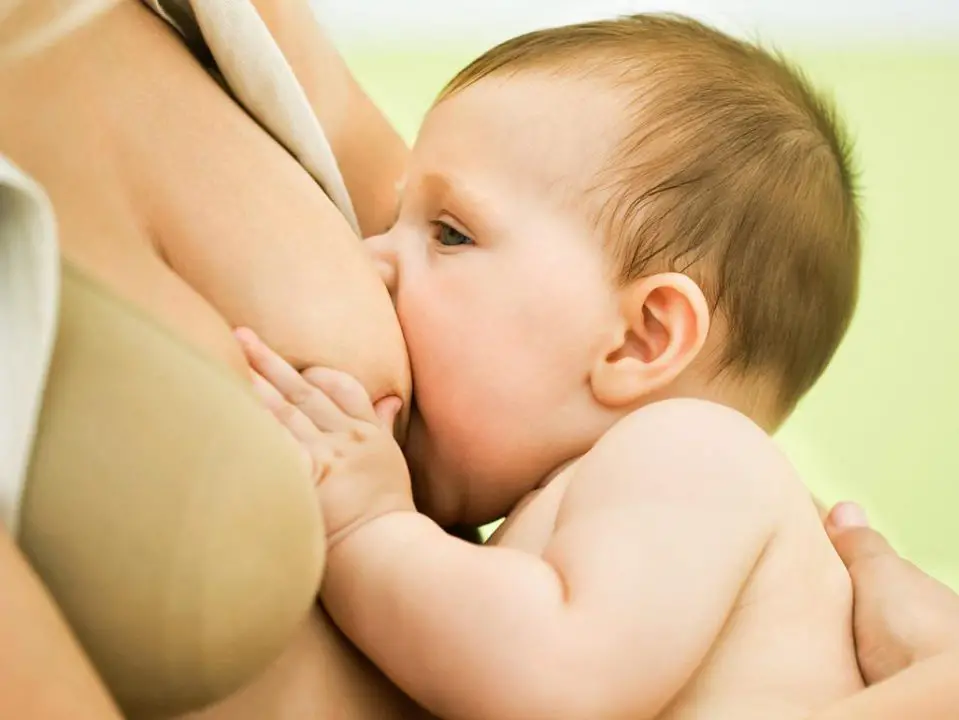 Make sure it's not spitting up. If in doubt, it is better to call a doctor anyway, rather than wait for more serious symptoms. nine0003
Make sure it's not spitting up. If in doubt, it is better to call a doctor anyway, rather than wait for more serious symptoms. nine0003
When to call a doctor
It is always better to play it safe and call a doctor if you are not sure about your baby's health. In which cases it is necessary to seek medical help:
- the baby is vomiting, but he did not poop;
- the child is crying, restless, his stomach hurts;
- repeated vomiting;
- symptoms of dehydration appear;
- vomiting accompanied by diarrhoea; nine0006
- vomiting is a fountain;
- before vomiting the child fell or hit his head hard;
- there is blood in the vomit, brown or black blotches;
- the child does not eat or drink;
- everything that the child ate and drank comes out with vomiting;
- he has a high temperature;
- baby is lethargic, sleepy.

Treatment
Vomiting in children may require enterosorbent. It is believed that this tool binds and removes from the body toxic metabolites, allergens, bacteria, viruses and other harmful compounds that can provoke vomiting. nine0003
For the smallest, that is, children under two years old, when choosing an enterosorbent to alleviate the conditions that caused vomiting, you can be guided by the statement of ANSM (France). So, in March 2019, this French regulator published information that raw materials for the production of clay-based powder enterosorbents may contain lead. This harmful substance can penetrate into the bloodstream and in certain concentrations have a depressing effect on the development of the baby.
The Russian Society of Obstetricians and Gynecologists (ROAG) designated the Russian "Enterosgel" as the first choice for the treatment of conditions requiring the use of an enterosorbent in young children, pregnant and lactating women. "Enterosgel" is a molecular sponge that is not absorbed into the blood and works only in the lumen of the gastrointestinal tract. A homogeneous gel-like form with a neutral smell and taste simplifies the use of "Enterosgel" even for the smallest. It is important that "Enterosgel" promotes the healing of microtraumas on the mucous membranes of the gastrointestinal tract and minimizes the risk of constipation during use due to the formula saturated with water. nine0003
"Enterosgel" is a molecular sponge that is not absorbed into the blood and works only in the lumen of the gastrointestinal tract. A homogeneous gel-like form with a neutral smell and taste simplifies the use of "Enterosgel" even for the smallest. It is important that "Enterosgel" promotes the healing of microtraumas on the mucous membranes of the gastrointestinal tract and minimizes the risk of constipation during use due to the formula saturated with water. nine0003
The main danger of vomiting is dehydration. It is urgent to call a doctor so that he establishes the cause of vomiting and prescribes the appropriate treatment. Also, the doctor prescribes electrolyte solutions, which need to replenish the fluid lost by the body.
What to do while waiting for the doctor
- make sure that the child is in an upright position;
- after each bout of vomiting, wash the child, clean his mouth and nose;
- try not to disturb the child unnecessarily, do not carry him from place to place;
- it is possible to feed milk or a mixture familiar to the baby if there are no other dangerous symptoms;
- try to give the baby some water to drink;
- do not give any medication until the doctor arrives;
- do not give the newborn prebiotics, probiotics, zinc, enterosorbents, antidiarrheal drugs (if diarrhea has joined) - the doctor should prescribe treatment, it is dangerous to experiment in the treatment of such a small child.
 nine0014
nine0014
What to give your baby to drink
Give your baby plenty of fluids to prevent dehydration. It is best to put the baby to the breast more often. If the doctor has already suggested which pharmacy solutions of electrolytes can be used, use them. If there are no such appointments, you can make the solution yourself. How to cook:
- take 1 liter of boiled water;
- add 1 level teaspoon of salt;
- 4-5 level teaspoons of sugar. nine0014
Mix everything thoroughly, store in the refrigerator for no more than a day. Give your child a few milliliters every five to ten minutes. To do this, take a syringe, remove it from it and put the tip with a needle away and gently squeeze the liquid into the baby's mouth with such a harmless piston.
Signs that the treatment is not working
Sometimes the situation does not improve or even worsens after a doctor prescribes treatment. Carefully monitor the well-being of the child.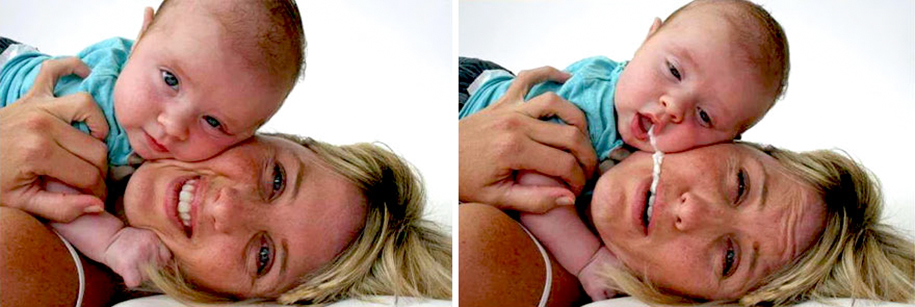 You need to re-call the doctor and change the treatment regimen if:
You need to re-call the doctor and change the treatment regimen if:
- vomiting and diarrhea do not subside within 24 hours after treatment;
- condition worsens;
- vomiting worse from drinking too much;
- the baby became lethargic and drowsy.
Pay attention to your baby's signs of illness. Call a doctor, follow the prescribed treatment. Track how the child's condition changes. With timely treatment, babies quickly recover and recover from illnesses. nine0003
Spitting up and vomiting in babies
Spitting up and vomiting in babies is a common reason for visiting a doctor.
Regurgitation and vomiting is a reflex action that occurs when receptors located in various anatomical zones are irritated, incl. in the stomach, esophagus, pharynx, oral cavity. The signal is transmitted to the vomiting center, which is located in the medulla oblongata and a gag reflex occurs.
What is the difference between regurgitation and vomiting?
The difference lies in the volume and kinetics (movement) of the gastric contents expelled to the outside. When regurgitation occurs, leakage occurs without the participation of the diaphragm and abdominal muscles, i.e. passively. There is little content, up to about 10-15 ml. If the child does not swallow it, it quietly expires from the oral cavity. When vomiting, a wave-like bending of the upper half of the body occurs as a result of contraction of the muscles of the diaphragm and the anterior wall of the abdomen, the volume of vomit is greater, and they are erupted with pressure from the oral cavity with an ejection trajectory of up to 50 cm. In children of the first year of life, this is defined by the term "fountain vomiting" . nine0003
When regurgitation occurs, leakage occurs without the participation of the diaphragm and abdominal muscles, i.e. passively. There is little content, up to about 10-15 ml. If the child does not swallow it, it quietly expires from the oral cavity. When vomiting, a wave-like bending of the upper half of the body occurs as a result of contraction of the muscles of the diaphragm and the anterior wall of the abdomen, the volume of vomit is greater, and they are erupted with pressure from the oral cavity with an ejection trajectory of up to 50 cm. In children of the first year of life, this is defined by the term "fountain vomiting" . nine0003
Regurgitation is observed only in children of the first year of life and, mainly, up to 6 months. Contribute to this anatomical and physiological features of the esophagus and stomach of the baby. Their esophagus is short and wide, the angle of connection of the esophagus with the stomach is less pronounced, and its obturator function is weak. These regurgitations are physiological.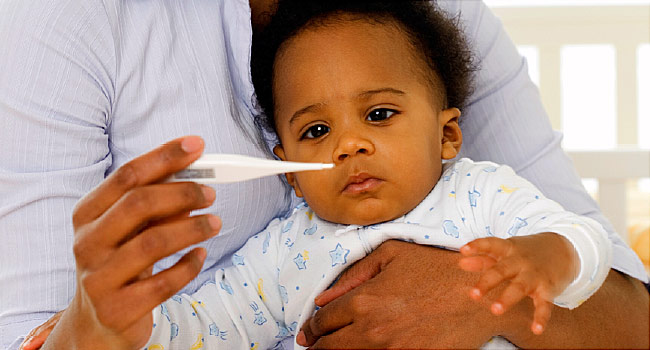 They can be after each feeding, up to 15 ml, do not affect the well-being and weight gain of the baby. They can also be caused by excessive feeding, aerophagia (swallowing air while sucking), straining during intestinal colic. The frequency and volume of such regurgitation decreases with the growth of the child. With the introduction of complementary foods, and this is a thicker food, regurgitation stops or becomes much less frequent. nine0003
They can be after each feeding, up to 15 ml, do not affect the well-being and weight gain of the baby. They can also be caused by excessive feeding, aerophagia (swallowing air while sucking), straining during intestinal colic. The frequency and volume of such regurgitation decreases with the growth of the child. With the introduction of complementary foods, and this is a thicker food, regurgitation stops or becomes much less frequent. nine0003
If regurgitation persists in a child older than 1 year, then this is a sign of a pathological process.
Vomiting, unlike regurgitation, is accompanied by vegetative symptoms - increased salivation, pallor of the skin, palpitations. This is due to the fact that next to the vomiting center there are additional centers of autonomic regulation, which are reflexively excited, and active biological substances such as serotonin, dopamine, histamine and others are released into the blood. nine0003
Regurgitation and vomiting, from the moment of eating, may occur during feeding, after feeding for the first 20-30 minutes or delayed, sometimes after several hours.
Regurgitation and vomiting that occurs immediately after feeding unchanged breast milk or formula may be due to narrowing of the esophagus. If they persist until the next feeding, and the milk / mixture is curdled, has a sour or musty smell, then this is the result of a long standing food in the stomach. The reason for this may be the low tone of the muscle layer of the stomach and, as a result, its peristalsis or narrowing of the output section due to an anomaly in the development or high tone of the sphincter of the lower stomach. With narrowing of the duodenum, bile is present in the regurgitated masses. nine0003
Gastroesophageal reflux is a common cause of regurgitation in infants. It is likely that there is a complex problem here, starting with the immaturity of the gastrointestinal tract and disorders of the central nervous system. Perinatal injuries of the central nervous system accompany every second child. Their manifestations are varied. Regurgitation and vomiting can be facilitated by an increase in intracranial pressure, disorders in the segment of the cervical spine, and so on.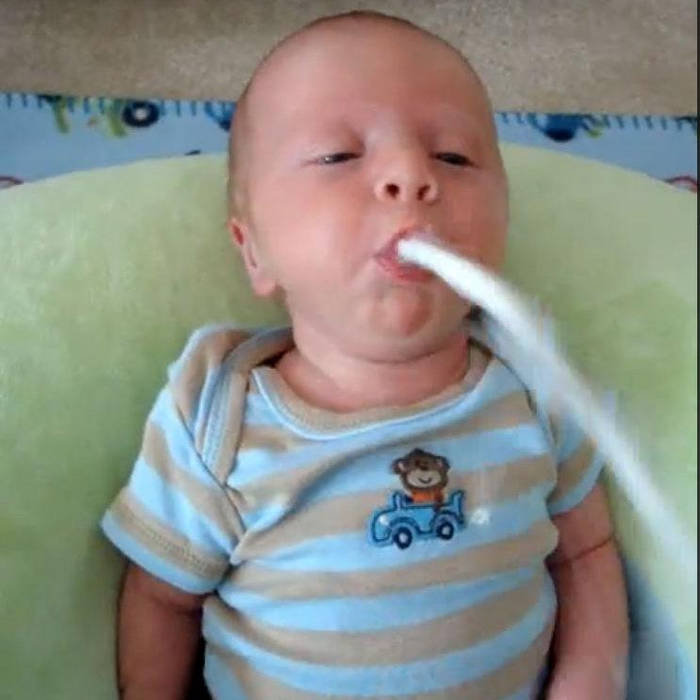 Therefore, quite often, when carrying out rehabilitation measures for neurological dysfunctions, a positive effect is manifested in the form of a decrease or cessation of regurgitation. A hernia of the esophageal opening of the diaphragm will also manifest itself in a similar way. nine0003
Therefore, quite often, when carrying out rehabilitation measures for neurological dysfunctions, a positive effect is manifested in the form of a decrease or cessation of regurgitation. A hernia of the esophageal opening of the diaphragm will also manifest itself in a similar way. nine0003
We should not forget about allergic gastrointestinal reactions in the form of regurgitation and vomiting. The most common cause of this is cow's milk protein. With intolerance to cow's milk protein, inflammation of the mucous membrane of the esophagus, stomach and intestines occurs. And, as a result of this, regurgitation and vomiting, pain and increased gas formation, diarrhea or constipation.
Rare endocrine disorders (adrenogenital syndrome) are manifested by vomiting in children from the first weeks of life. In such cases, vomiting is frequent, there may be an admixture of bile, the child loses weight due to loss of fluid and nutrients, and severe metabolic disorders develop. nine0003
Vomiting can also be caused by an intestinal infection. Viral gastroenteritis is now common. It must be remembered that the younger the child, the more severe the disease. Within a few hours, the child's condition can go from satisfactory to extremely serious.
Viral gastroenteritis is now common. It must be remembered that the younger the child, the more severe the disease. Within a few hours, the child's condition can go from satisfactory to extremely serious.
As you can see, the causes of regurgitation and vomiting in children of the first year of life are quite diverse, but most often these are transient conditions that disappear with the growth of the child.
Prevention of regurgitation in children of the first months of life is quite simple. Don't overfeed your baby. If he cries, it does not always mean that he is hungry. Excess feeding leads to increased gas formation and colic, during which the child is worried, straining, thereby increasing the likelihood of spitting up. After feeding, hold the baby more upright so that he can burp the swallowed air. This will take 15-20 minutes. If the child is bottle-fed, do not change his formula milk without the recommendation of a pediatrician. nine0003
If the child has frequent regurgitation and vomiting, it is necessary to consult a pediatrician or gastroenterologist to diagnose the cause.



